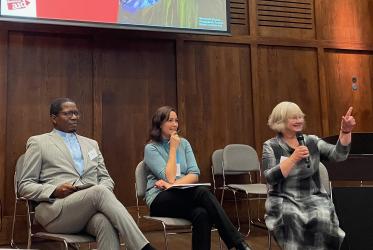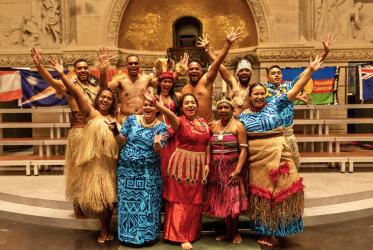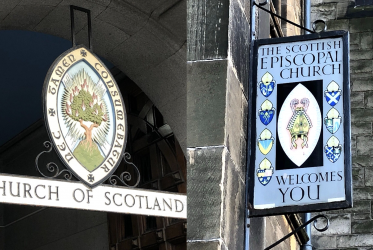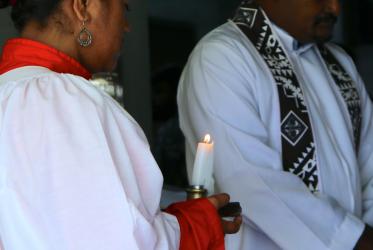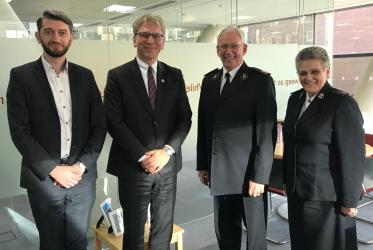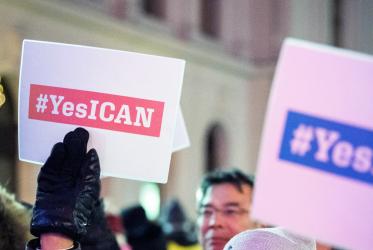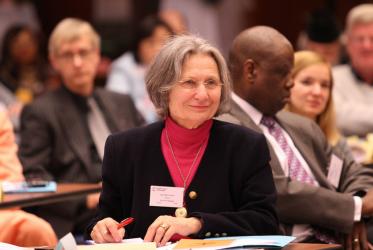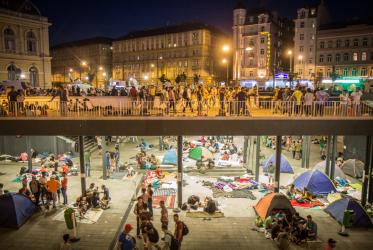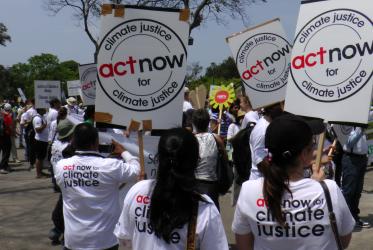Displaying 1 - 20 of 24
WCC president from Europe reflects at Christian Aid assembly
21 November 2023
Pacific Conference of Churches prepares for 12th General Assembly
15 November 2023
In pictures: Week of Prayer for Christian Unity
01 February 2021
WCC general secretary visits Salvation Army in London
19 December 2019
#WCC70: Children in the Ecumenical Movement
20 December 2018
#WCC70: The life-changing gift of serving as a steward
24 August 2018
#WCC70: A chance to change
21 February 2018
European churches encouraged to work together to address refugee crisis
10 September 2015
Churches' “prophetic voice” will be busy in 2015
18 June 2015

